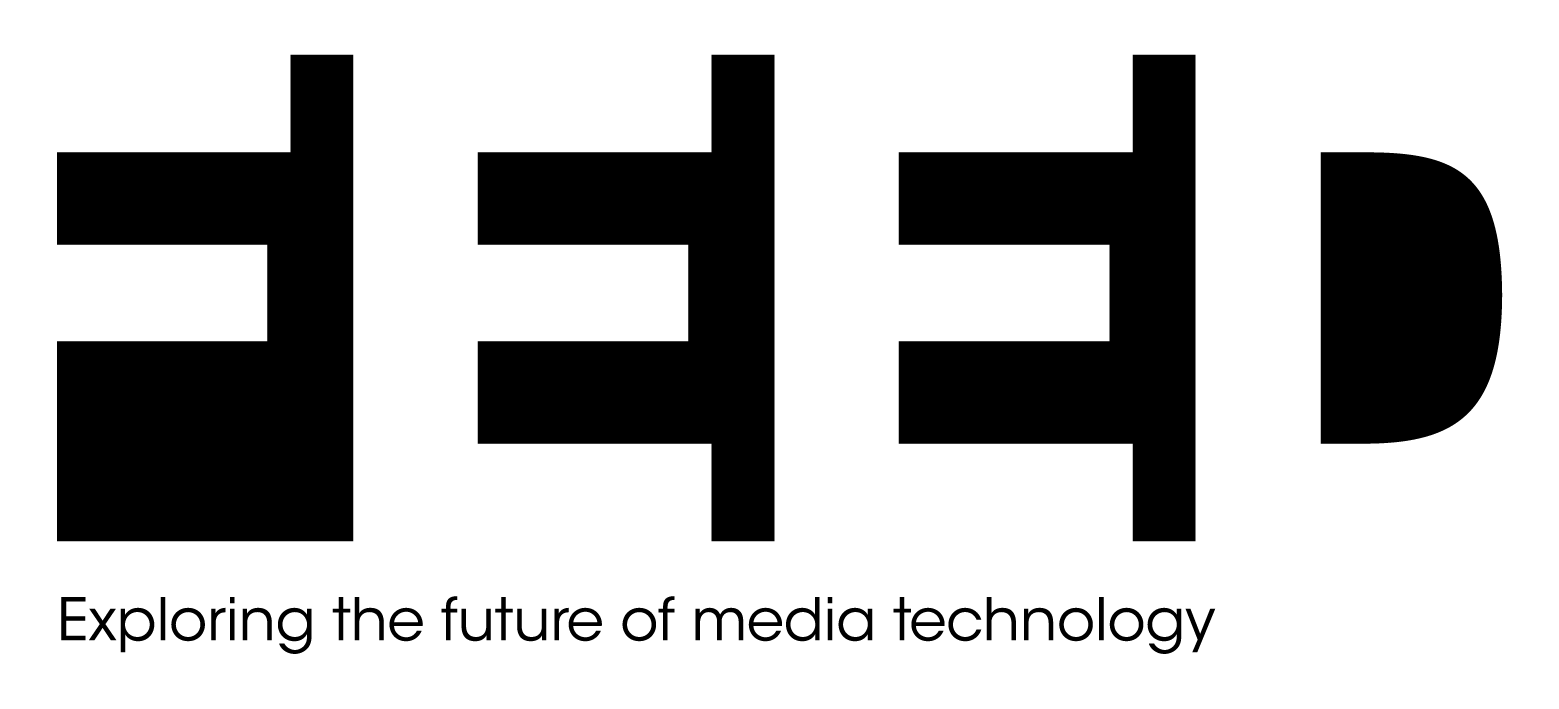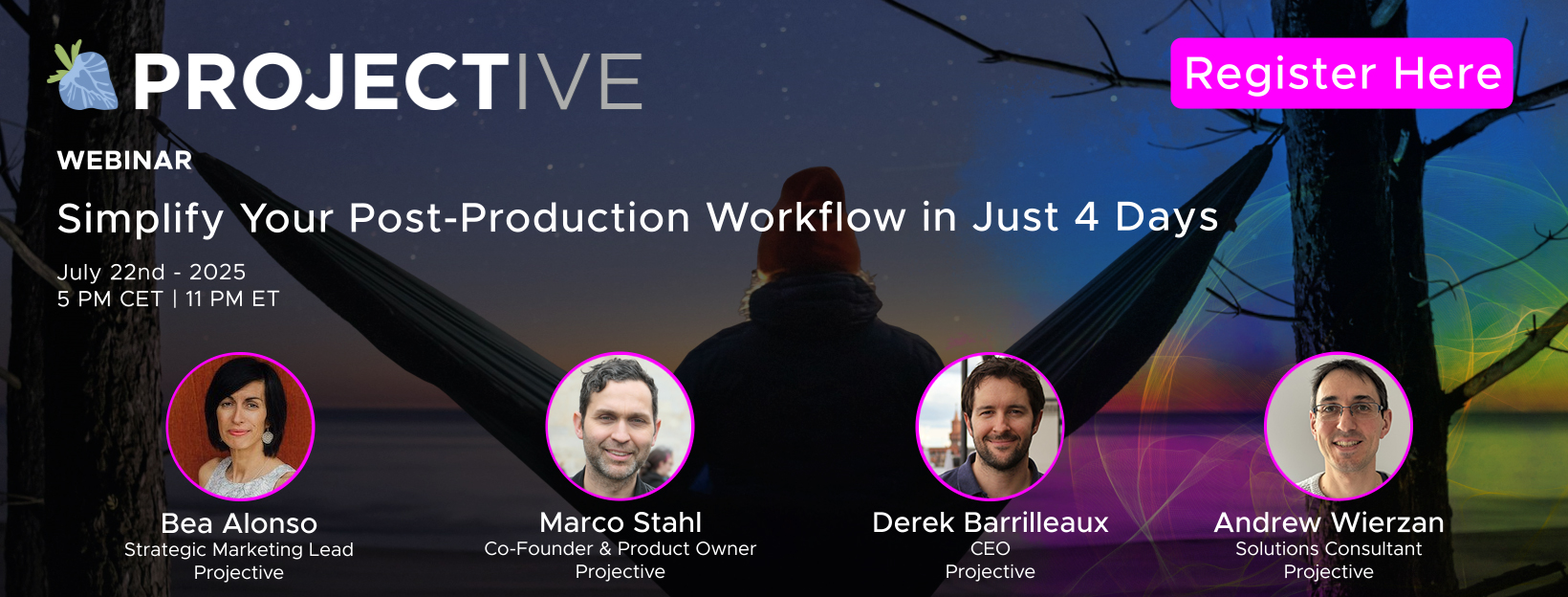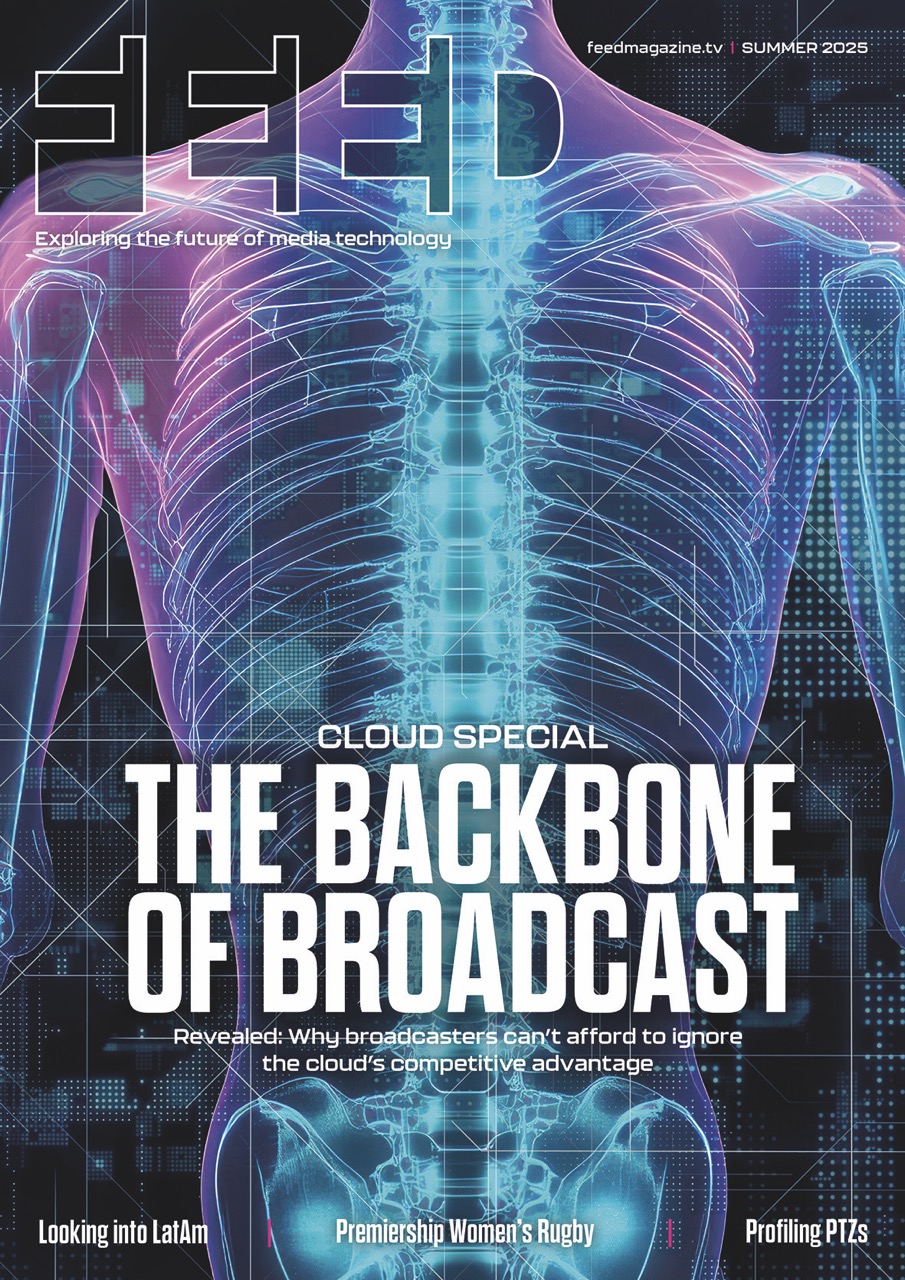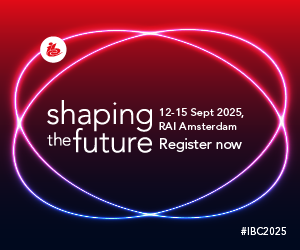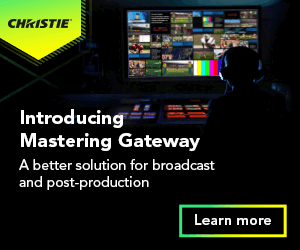Qvest: Intelligent innovation

Posted on Apr 22, 2024 by FEED Staff
Artificial intelligence offers huge opportunities plus significant challenges across the media content supply chain says Qvest
Sponsored editorial
With a legacy of embracing new technologies, the media and entertainment industry has long recognised the value of AI as a tool.
Yet, generative AI has opened new horizons, being capable of creating a wide range of content – from writing and summarising news articles to generating images for graphic design and illustrations.
Further topics include progress in real-time content generation, emotion and sentiment analysis, personalised and interactive experiences plus cross-modal content generation.
While AI offers exciting prospects, it also raises questions on copyright and ethics. Users must be aware of the terms and conditions when using AI services, as ownership of AI-generated content varies depending on the platform or service provider.
Copyright and ethical concerns arise when AI-generated content resembles the work of creators who have not granted permission for its use in any form.
UNDERSTANDING the POSSIBLE
Opportunities exist for generative AI and machine learning across every area of the media content supply chain.
In pre-production, it can aid scriptwriting, storyboarding, budgeting and scheduling from script analysis.
For production, it aids VFX previsualisation, virtual production, automated dailies processing, scene recognition and logging.
Looking to post-production and mastering, AI streamlining audio language translation, video summarisation, facial movement correction as well as automated colour correction. Meanwhile, distribution, automated translation and localisation, format adaption and compression are on the radar.
In broadcast operations, real-time transcription and translation, automated closed captioning generation and automated targeted ad-insertion are areas of interest for AI.
Finally, in digital media and technology, AI assists automated app design based on user feedback and tailored app experience per user.
Qvest offers guidance and support for organisations internationally on all requirements for technology implementation. They are the global leader in media-focused consulting.
“It’s obviously a very exciting time because the possibilities seem endless for what can be impacted,” says Qvest.US EVP Christophe Ponsart. “Perhaps it comes down to understanding what you’re trying to do with your current process to figure out how you can implement a tool or technology that can enable more efficiency.
“Everyone is talking about AI; there’s so much noise out there it becomes hard to understand what’s possible, what’s fiction and still a pipe dream. What approach does one take? Because at the same time – as there’s this huge opportunity – there are shrinking budgets. From a cost and profitability perspective, everyone’s being very mindful and cautious about expenses and where they are spending money.”
Ponsart elaborates: “Since it’s moving so quickly, companies don’t want to put money into an approach that would be eclipsed with some new capability coming out from the big tech players. The revenue prospects, marketing and sales efficiency opportunities plus operational efficiency potential are all there. It ultimately comes down to how your organisation focuses on properly adopting AI in a strategic manner that is both ethically and legally responsible.
“It’s interesting because we’re watching technology evolve faster than humans can process,” adds Qvest.US EVP Vanessa Fiola. “That is an exciting but also foreign time for all of us – the speed at which the technology is evolving is mind boggling. Where humans are placed to consume that is at a different pace.
“It’s critical for organisations to take that into consideration, and could be part of why the adoption has moved more slowly than one would expect. It’s not a question of is the technology there.
“We must take into consideration the chasm between where the technology is at and humans are, being mindful of the way AI is handled. In more tangible terms, that looks like conscious applications, in pieces and letting people drive the creative process with the technology.”
FEAR OF THE UNKNOWN
“As soon as you start to introduce different types of more automated capability, the first thing everyone thinks about is ‘am I going to lose my job’?” argues Ponsart.
“This becomes a change management process, focusing on identifying the features needed to enable work and productivity. Going on this path, organisations can ensure proper adoption and acceptance of these features.
“You could have the best tech but if you don’t bring the user along the journey, then it’s not going to be accepted and immersed into the organisation or process as it should be. This is a great reason any implementation needs to be thought through as thoroughly as possible.
“You can look at AI as a tool, similar to other tools that were introduced through the years. It can be an accelerant for creativity and storytelling, enabling you to better communicate the story in a more compelling way.
“It’s giving a tool to a larger audience to allow better storytelling across the board, which means at the end of the day, you’re going to get more content out into the ether, out into the network and being consumed by all – the content is going to be at a greater quality than it has ever been.
“I believe the first step in any type of big evolution like this is fear. But the next step is starting to see the rampant opportunity. The best thing AI is providing is that it’s a transformative technology.
“From a storytelling perspective, it’s the ability to translate content and information across any language, age group and persona. I can translate a story and have it told me as a 14-year-old teen, transforming that story into something I can consume and appreciate.
“That’s not just from an age perspective, it can be from a language or maybe a background perspective. The ability to shape information and stories across any medium and individual to make it more personal is very impactful,” remarks Ponsart.
The DEEP POOL OF MEDIA CONSULTING
“This doesn’t mean you stick with the first draft that AI can provide; it means it’s a launching pad for what you think is possible,” explains Fiola. “You can get into peoples’ minds based on age, preference and location – now serving as a baseline. How exciting is that to work with?
“What’s noteworthy and in some ways unique about Qvest is from a company skills and background perspective, we have the deepest pool of media and entertainment consulting technology-focused team members. Having knowledge of the industry from that depth – across all of its various layers – is critical to understanding how new technology can be applied.
“We have more than 1600 individuals across the globe and our industry experience is truly unparalleled. Importantly, it’s not solely the implementation skills we bring that set us apart, it is also the understanding of how people work,” Fiola expresses.
“You can’t transform something without knowing where you’re truly coming from, but you also need to be accepting and eager to deal with change,” highlights Ponsart. “This brings another value proposition: across every project we’ve done since our inception, we brought change management to the table.
“We don’t have a client list of 1000 various companies we work with; we’re very focused and specific within the media and entertainment space – part of that is deep partnership. A studio or broadcaster will ask what partner they can bring in who understands their background – not only this industry but also their company and how they work.
“There’s great value in the trust we’ve built throughout the years because our growth has been very organic. We get brought in because of our team, our talent and our consistency,” concludes Ponsart.
This sponsored editorial was first published in the Spring 2024 issue of FEED.
